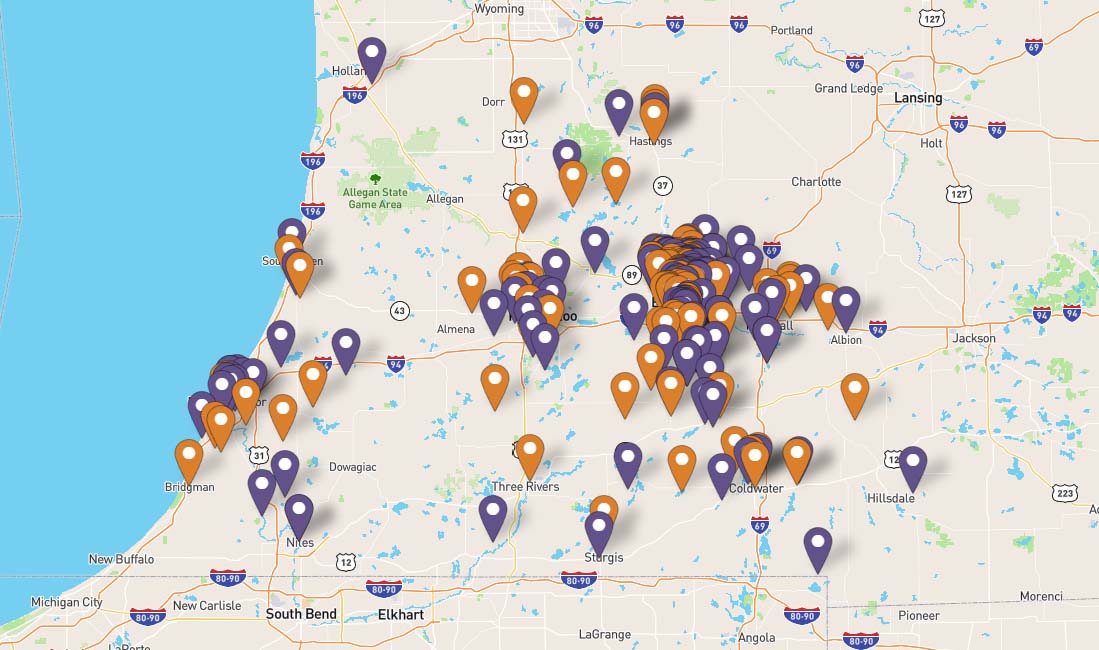Follow Us x
Blog
Companionship
Society has changed dramatically. In the few decades I have been alive, I've watched families stop having as much time to spend together. I remember living next door to grandparents and visiting them daily. After we moved away, I remember frequent visits to sit at my Ma-Maw's (as we lovingly called our grandmother) house, for hours on end, watching "The Grand Ole Opry". While this may have been what charged my great distaste for country music, when I think of those times, I remember certain smells coming from the kitchen; my grandmother buzzing around...busying herself with preparing a meal. If we wanted something, we went to Ma-Maw's. If we were bored, we went to Ma-Maw's. Even if we just wanted to talk, we didn't call, we went to her house. The digital age has changed things, hasn't it? It is easier than ever to communicate with people, but we tend to forget about the older generation, many of whom are unfamiliar with digital technology.
As people age, many of their friends pass away. They no longer have a social network. They may be afraid of falling, so they rarely leave their home. Many have lost their ability to drive. They almost become prisoners in their own home, don't they?
Companionship is crucial. I often tell our caregivers that they might be the only person a client sees all week, so they should make their time count. Sitting down and having a conversation with an elderly person can make their day! Knowing that someone is going to come see them or visit can be a huge motivator to get out of bed, change their clothes, or even take a shower.
We all have busy lives. Homes, careers and worries of our own. Finding time to spend with loved ones isn't as easy as it once was. Stop worrying about the time you don't have. You can still offer important stimulation for your loved one. This isn't just for people with dementia or someone that's sick. Companionship is about making sure your loved one is safe and taken care of. One thing I've learned is how important it is to have a personality match, when it comes to pairing caregivers and clients. We want to make sure your loved one is stimulated. Maybe it's just a phone call twice a week. Maybe it's someone popping in to take your loved one on an adventure out of the house. You can stop worrying. We've got your back.
-Amber Bomia-Laberdee, Clinical Coordinator



